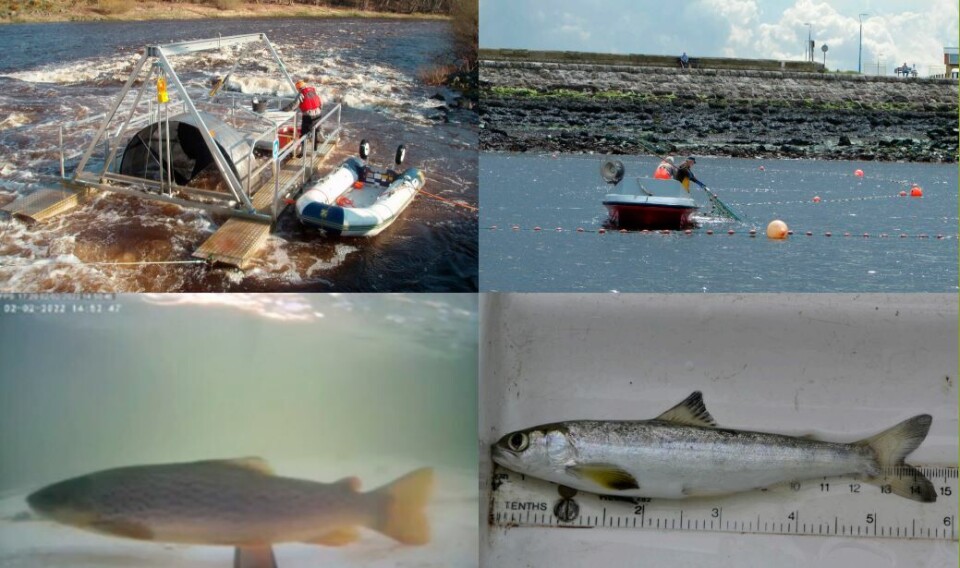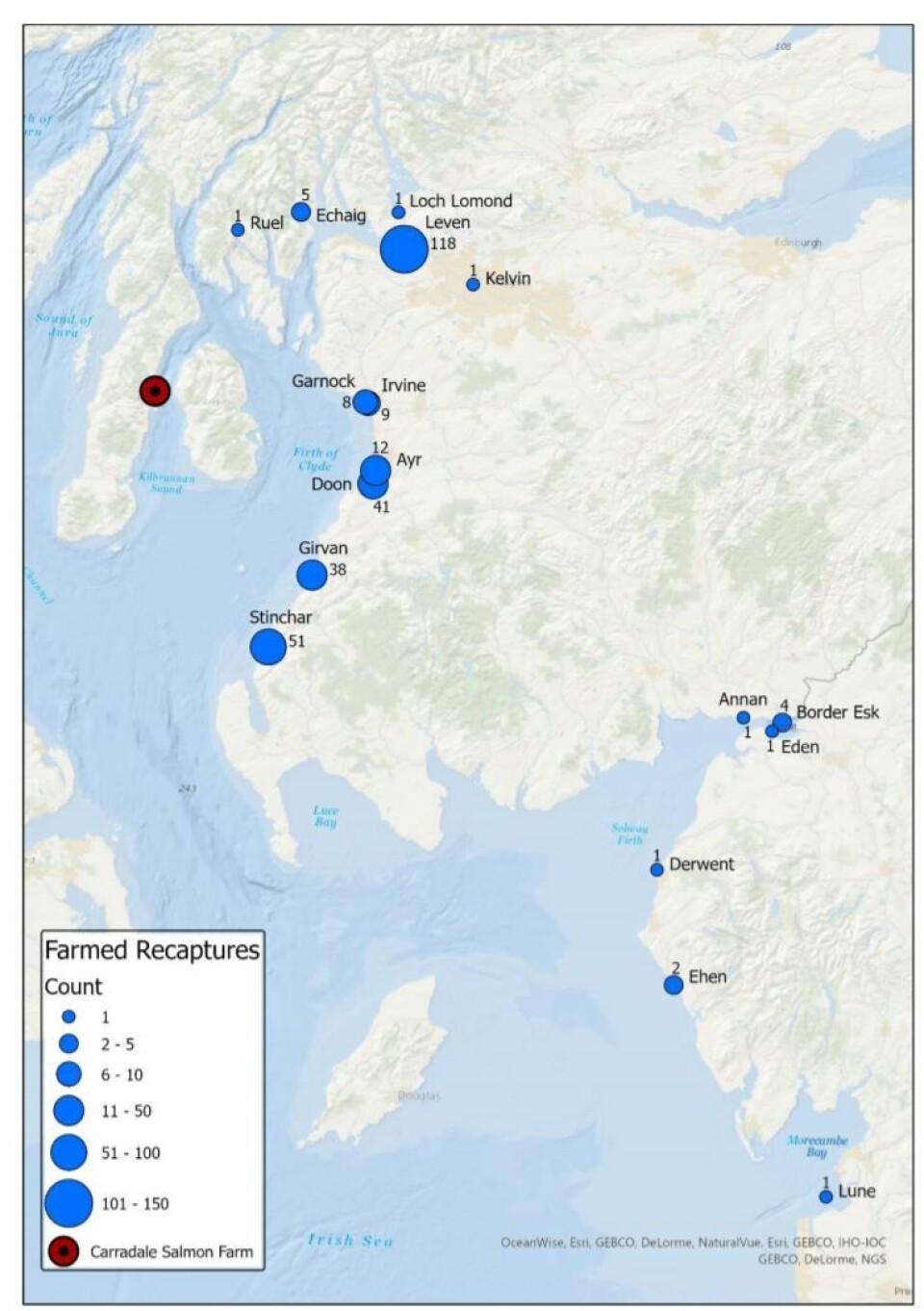
Climate change blamed for wild salmon crisis
Climate change and substandard water quality in estuaries and rivers have been blamed as primary causes for stocks of wild Atlantic salmon in England and Wales reaching their lowest levels on record.
England’s environment regulator, the Environment Agency, said stocks were reaching crisis point and that many factors are impacting on salmon numbers at freshwater and marine sites.
In particular, climate change is leading to rising sea and river temperatures and overfishing are impacting on salmon stocks globally. Water quality in rivers and estuaries can also affect the fish lifecycle as well as barriers stopping salmon travelling upstream.
74% of rivers ‘at risk’
In 2020, 20 salmon rivers (48%) were thought to be ‘at risk’ – meaning salmon stock are no longer at sustainable levels - but in a new report for 2021 this has now risen to 31 (74%) with rivers in the South West, North West and Wales considered to be the most affected.
In the report, from the Centre for Environment, Fisheries and Aquaculture Science (Cefas), the Environment Agency and Natural Resources Wales (NRW), other existing and emerging threats to salmon populations are said to include red vent syndrome and other diseases, poor juvenile recruitment in 2016, invasive pink salmon, and escaped farmed salmon.

Escape concerns
“Concerns have been expressed about the potential impact of escaped farmed salmon on wild salmon stocks in England and Wales, particularly those in North West England located relatively close to Scottish salmon farms,” the report stated.
“Escaped farmed salmon can negatively impact wild salmon stocks through genetic introgression due to interbreeding, transmission of sea lice, and competition for resources.”
The report cited the escape of 48,834 salmon from a Mowi farm at Carradale during a storm in August 2020, leading to nine verified escapees and another 50 or so unverified Mowi fish being caught in five northern English rivers.
“It should be noted that the escaped farmed salmon were not sexually mature, and therefore were unlikely to reproduce in the winter of 2020,” said the report. “There were no reported captures of escaped farmed salmon in England and Wales in 2021. The Environment Agency and NRW continue to monitor the situation to ascertain the impact of the escaped farmed salmon on wild salmon stocks in England and Wales.”
Kevin Austin, deputy director for agriculture, fisheries and the natural environment for the Environment Agency said the stock assessment “is of great concern and without urgent action Wild Atlantic Salmon could be lost from our rivers in our lifetimes”.
He added: “We have seen some real successes through our work with partners, particularly on the river Don and Tyne, but more much progress is needed.
“As the climate emergency becomes more acute, we need coordinated action between governments, partners and industry to enable stocks to stabilise and recover to sustainable levels.”
95% catch and release
The Environment Agency is taking action to help wild salmon through several channels. It has closed all salmon net fisheries in England, until at least 2029, and an overall catch and release rate of 95% in rod fisheries has been achieved through a combination of both voluntary and mandatory controls. Further options are being considered in England to ensure that all remaining rivers categorised as being ‘at risk’ implement a 100 per cent catch and release rate.
Last year, the Agency improved 19 fish passages at weirs or barriers across English rivers giving salmon better access to the Severn, Ribble, Camel, Tyne and Test.
It is also working to safeguard river flow and improve water quality. Fifty new agricultural officers, funded by Defra, have been appointed to work with the agricultural community to address diffuse and acute water quality issues.
Five priorities
A Salmon Five Point Approach has been jointly developed and committed to by a wide range of partners which include the UK government, Atlantic Salmon Trust, Angling Trust, River Trusts, Wild Trout Trust and the Institute of Fisheries Management.
Its priorities are to:
- Improve marine survival.
- Further reduce exploitation by nets and rods.
- Remove barriers to migration and enhance habitat.
- Safeguard sufficient flows.
- Maximise spawning success by improving water quality.























































